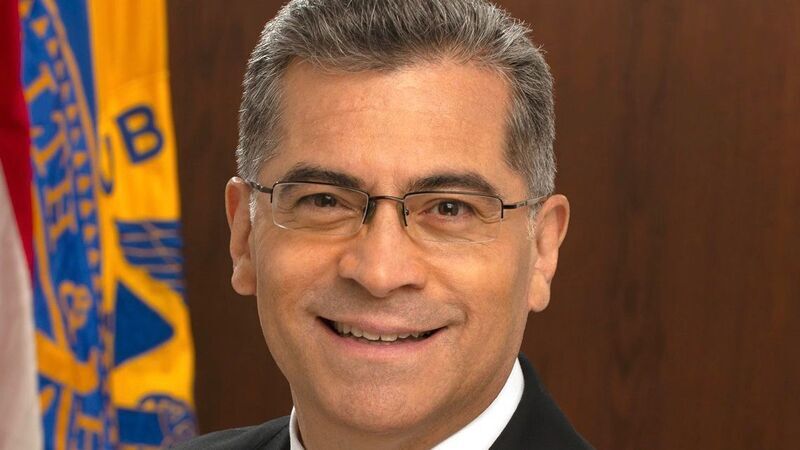A internal audit found the Office of Refugee Resettlement of the U.S. Department of Health and Human Services followed program policies and processes that were created to either meet or exceed legal criteria for the placement of unaccompanied minors with vetted sponsors.
HHS reported it would implementing various initiatives to safeguard the safety and well-being of unaccompanied children, according to a June 2 news release.
“Every one of us owes a child our care and protection, regardless of circumstance and without exception,” HHS Secretary Xavier Becerra said in the release. “When it comes to the temporary custody and subsequent placement with vetted sponsors of unaccompanied children, HHS takes its responsibility seriously.”
One new initiative is the creation of a new Program Accountability team in charge of evaluating and addressing potential child exploitation risks associated with the unaccompanied minors program, the release reported. The team will be essential in collaborating with an outside organization to carry out an extensive assessment of the screening and placement procedures for all sponsor categories.
“The audit released today confirms that ORR has worked hard to provide unaccompanied children, especially those who have experienced significant trauma, the care and attention they deserve,” Becerra added, according to the release. “ORR works just as hard on its placement and sponsor vetting processes, under which most unaccompanied children are placed in the custody of a parent or close relative."
The audit is a component of a multifaceted, cross-agency initiative by the U.S. Department of Labor and HHS to safeguard children and combat child labor exploitation, the release said. A multidisciplinary team from ORR, including experts in child welfare, policy advisers, program analysts and program management, conducted the audit with a focus on ensuring that program policies and procedures and the Trafficking Victims Protection Reauthorization Act were being followed.
The audit's main focus was on case studies of kids who were given to non-relative sponsors who had sponsored three or more kids and were released in 2021 and 2022, according to the release. These criteria were employed by ORR because it was judged that doing so would guarantee that the audit was concentrated on instances with the greatest potential for concern.
"We will continue to do our part to protect the safety and well-being of unaccompanied children, including coordinating with the Department of Labor and other partners to further crack down on child labor," Becerra said in the release. "We expect employers and companies to do their part and follow the law regarding child labor.”









